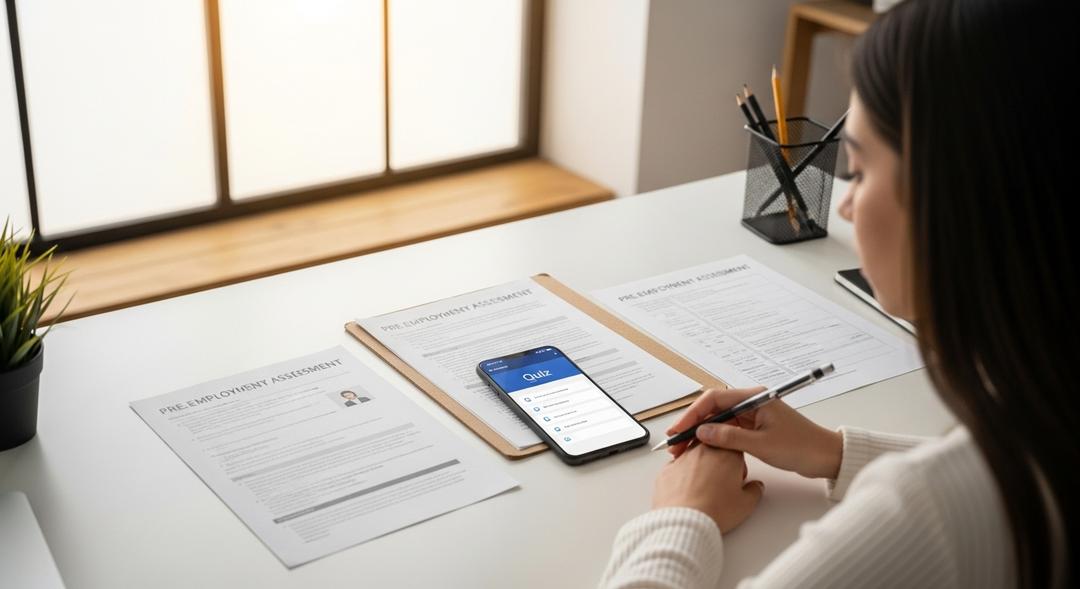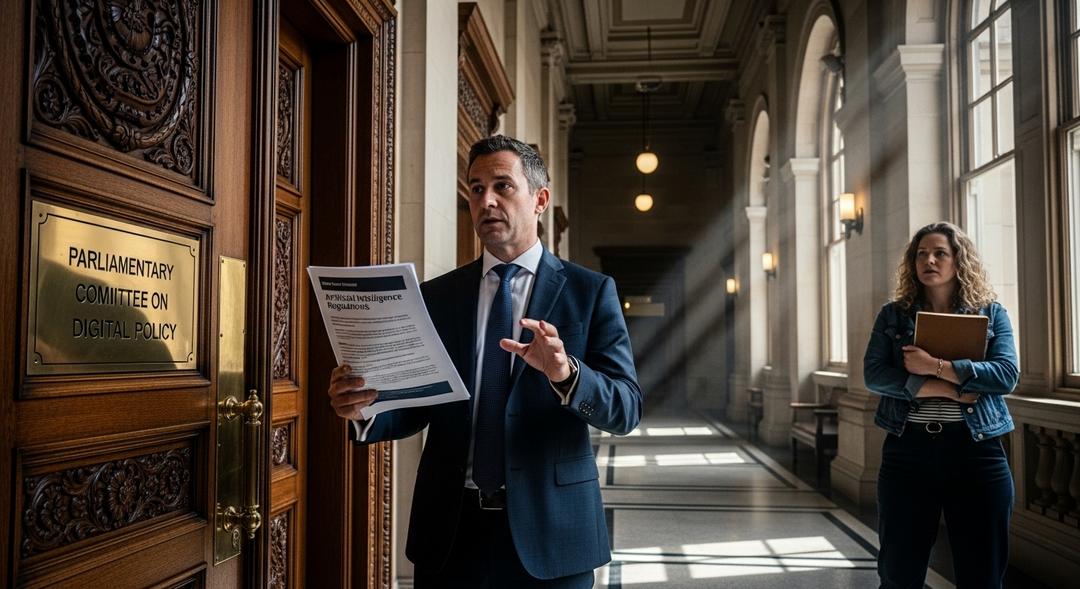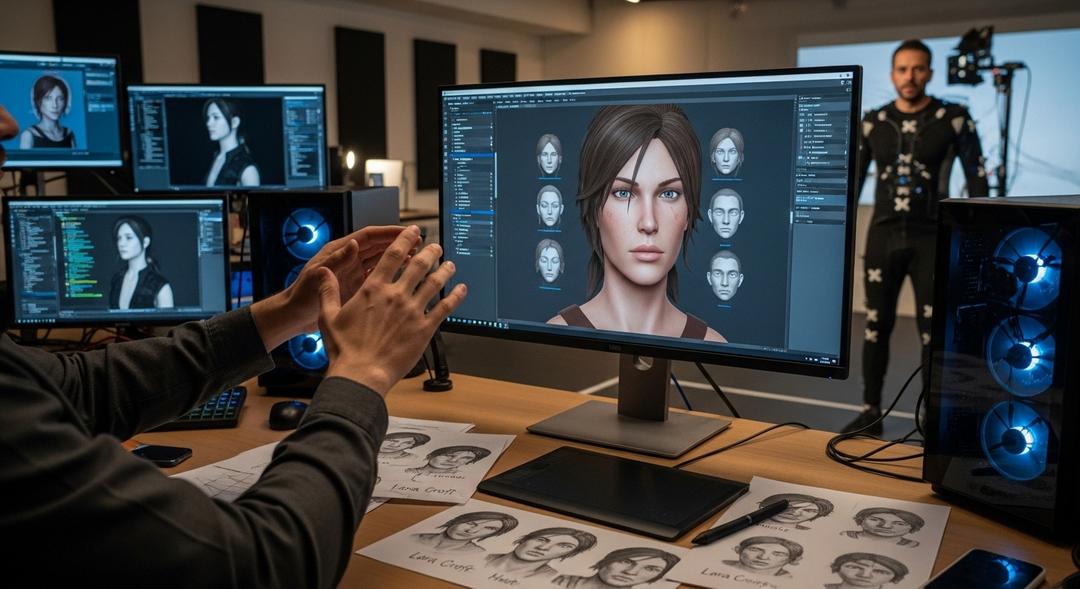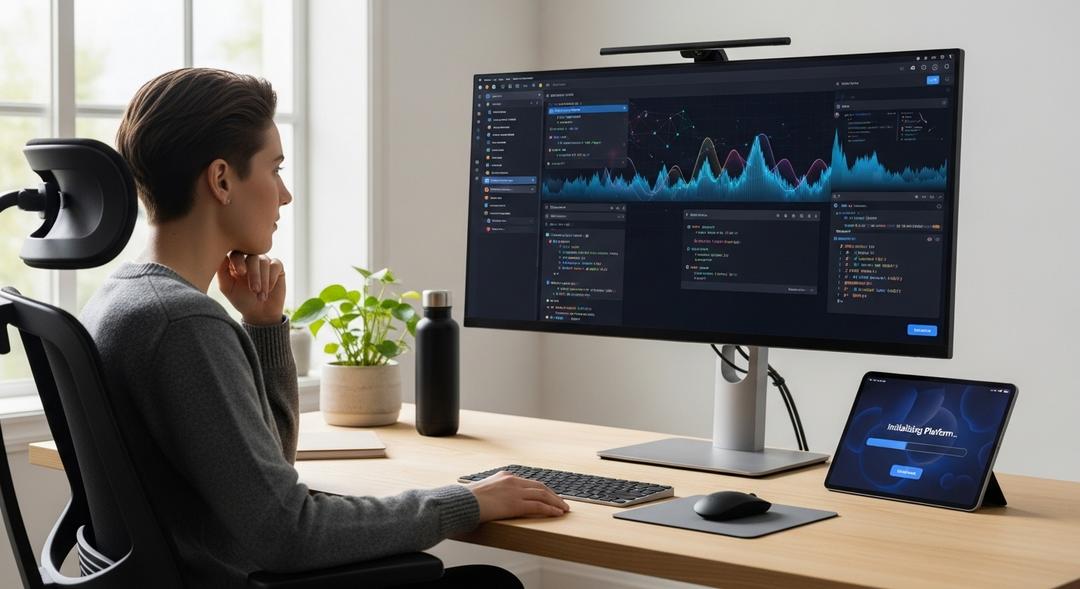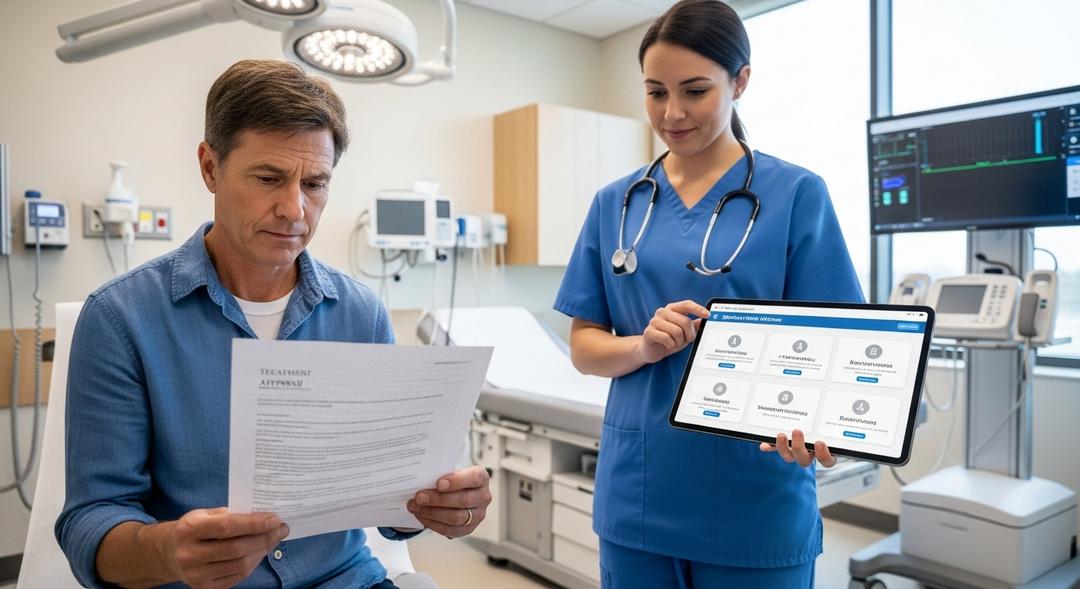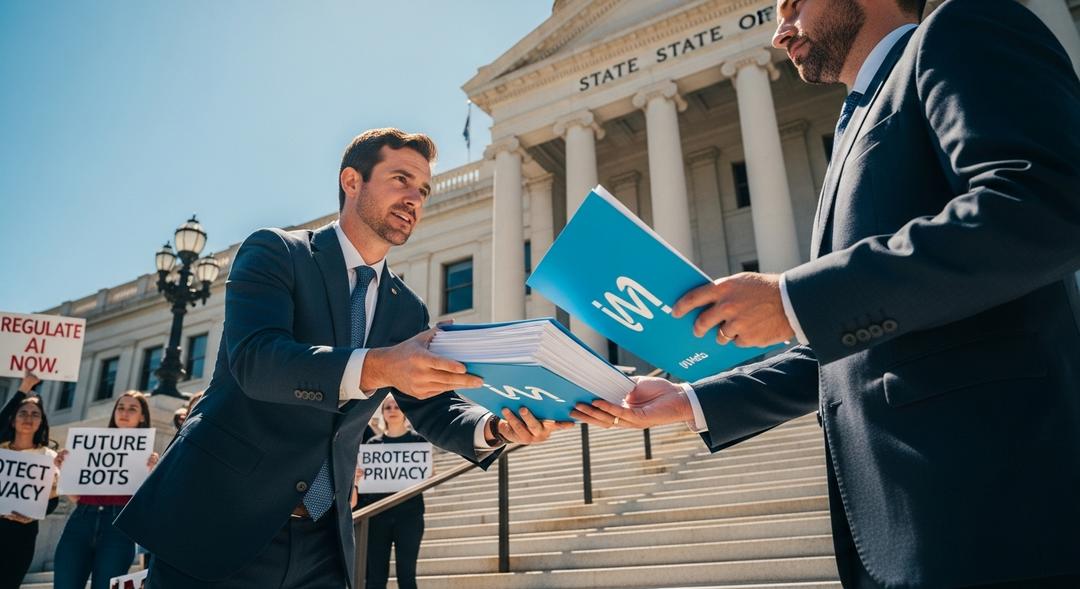Job seekers applying in 2024 are increasingly hitting a new kind of wall: the digital personality and skills test.
These assessments are cropping up everywhere, frequently catching candidates like Katelin Eagan off guard. She recalled responding to questions about her sleep habits, happiness, and even her social life while applying for an engineering position, only to be met months later with a rejection and no feedback.
Eagan, who has been hunting for jobs since the start of the year, believes the flood of applicants is making it easy for employers to be picky. She said, “I think there’s definitely a lower amount than I thought there would be,” referring to roles in her field. But hiring experts say there’s more at play than just market competition.
Recruiters are reporting a dramatic rise in companies turning to personality quizzes and critical thinking tests to cut through the tidal wave of applications. The main reason for this pivot seems to be the worry that ChatGPT and similar tools have made it easier for people to look like ideal fits on paper, blurring the lines of authenticity.
Soft Skills and the New Screening Process
Data from testing firms shows just how mainstream these assessments have become. Wouter Durville, CEO of a leading provider, noted that 76 percent of companies they surveyed in the last year are now relying on skills tests to make hiring decisions—a substantial climb from just two years ago. These companies show the most interest in evaluating soft skills like leadership and communication, not just technical knowhow.
This surge is reflected in the numbers. The company’s basic critical thinking assessment has already been taken more than 100,000 times this year, which is nearly two thirds higher than the same period last year. Their personality profiling tool saw even more usage.
Employers in the United States, more than anywhere else, are driving this demand. Overwhelmed with hundreds, sometimes thousands, of candidates for a single role, they are searching for ways to sort applicants faster and more objectively. “The biggest thing is people just want to hire the best people. It’s very selfish and it’s fine,” Durville said.
Assessment platforms say the trend is only gaining speed. Guy Barel, another prominent CEO in the field, revealed that demand for their screening tools has jumped over one hundred percent in a single year, and he expects it to nearly triple within another twelve months.
With remote work and AI-driven job applications on the rise, companies are feeling both the pressure and uncertainty. Josh Millet, who leads another testing firm, put it bluntly: “AI is kind of creating this authenticity crisis in talent acquisition, because everyone can and is putting their résumé into ChatGPT.”
But not everyone is on board. Jeff Hyman, chief executive of a boutique recruiting agency, points out that at least one in ten job hunters now refuse these pre-employment tests outright if asked too early. He argues that putting too much stock in quiz results is risky. “That’s lazy hiring, to be honest. I think that’s not the right way to go about it,” Hyman said.
For now, the rise of these standardized tests shows no sign of slowing down, much to the frustration—and, at times, confusion—of those searching for their next role.
